Ryanair profits to surge as cheap euro lures Brits abroad
Ryanair has upgraded its profits forecast for 2015 by 25 per cent after a strong summer
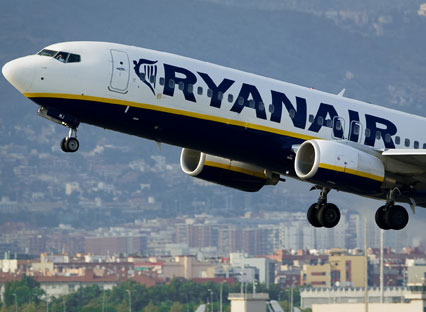
A free daily email with the biggest news stories of the day – and the best features from TheWeek.com
You are now subscribed
Your newsletter sign-up was successful
Budget carrier Ryanair has dramatically upgraded its guidance for profits this year, after a bumper summer boosted by Britons taking advantage of the plunging euro to enjoy cheap Mediterranean breaks.
The Guardian reports that the no-frills airline now expects profits for its full year to come in between €1.18bn and €1.23bn, up by around 25 per cent from the previous forecast of up to €970m. It had reiterated this earlier estimate last month, when it said it had "zero visibility" of the second half of the year amid an ongoing price war with rivals.
Ryanair echoed its main competitor EasyJet, which said when it upgraded its own profit prediction last week, that "the strong pound and the soggy August weather" had encouraged holidaymakers to book last-minute holidays to southern Europe. It also cited lower oil prices and service improvements.
The Week
Escape your echo chamber. Get the facts behind the news, plus analysis from multiple perspectives.

Sign up for The Week's Free Newsletters
From our morning news briefing to a weekly Good News Newsletter, get the best of The Week delivered directly to your inbox.
From our morning news briefing to a weekly Good News Newsletter, get the best of The Week delivered directly to your inbox.
Investors reacted warmly to the news, which was brought forward from its next scheduled trading update in two weeks. Ryanair shares were trading more than six per cent higher on Wednesday afternoon.
In the impromptu update Ryanair also revealed that it has recouped a $5m fuel payment that was "intercepted" by Chinese hackers. The Independent says the funds were lost during "a fraudulent electronic transfer to a Chinese bank" and had prompted fuel payments to be temporarily frozen as Ryanair worked with banks and authorities to recover the cash.
Ryanair passenger ruling: what does it mean for you?
24 August
Ryanair has lost its latest battle to stem compensation claims from customers for delayed flights after a court ruled it could not impose a contractual stipulation limiting the time period in which a complaint would have to be made.
A free daily email with the biggest news stories of the day – and the best features from TheWeek.com
The decision has wider implications for the aviation industry and means you could claim up to €600 for delayed flights from any carrier for up to six years after the journey actually took place.
What happened?
The Independent reports Manchester County Court upheld a claim on behalf of two passengers, who had asked for compensation five years and eight months after a 2008 return trip from Reus in Spain was delayed for ten hours because of a technical fault. Ryanair was seeking to enforce a provision in its contracts that states the right to compensation would be "extinguished" if the claim was not brought within two years.
What are the laws?
The Financial Times says that under European rules, passengers can claim fixed compensation for any flight delayed for more than three hours, where the delay is not the result of "extraordinary circumstances" such as extreme weather. In these instances they are still obliged to look after you and provide accommodation but do not have to pay redress for the inconvenience. Amounts are set based on the distance travelled: for flights under 1,500km you can claim €250 (£175); for 1,500-3,500km it is €400 (£280); and on longer flights it rises to a cap of €600 (£425).
The six-year time bar was the result, notes Sky News, of a 2014 Supreme Court ruling against Thomson Airways. This stated the EU rules were applicable up to the maximum time allowed under the existing UK time-bar rules contained in the Limitation Act 1980, which sets the limit for all contractual breaches or 'torts' – civil wrongs that result in losses or injury – at six years.
Why did Ryanair think it could avoid this?
According to Bott & Co Solicitors, which acted on behalf of the claimants, the carrier was able to "tweak the argument" and the case centred on "the fine points of contract law". Essentially the court has ruled Ryanair did not have the right to amend their contract in the way they did and has upheld the principles of the earlier rulings.
It should be noted, though, that Ryanair continues to "believe a six-year time limit for submitting such claims is both unnecessary and unreasonable". It has instructed its lawyers to "immediately appeal this ruling".
How much is at stake?
If you believe Bott & Co there are about £610m worth of past claims against Ryanair alone, although the no-frills airline has rubbished the figure and says its liability is closer to €5m (£3.7m). Other airlines, some of which have similarly sought to limit claims, would be affected and the Independent says "hundreds of cases on similar lines are believed to be 'stayed' until the case is settled". The FT cites Which? research showing that just 38 per cent claim compensation, but the publicity surrounding this case could increase that, at least in the short term.
Ryanair shares fail to take off due to poor visibility
27 August
Budget airline Ryanair has reported an increase in passengers and revenues that have driven profits up by a quarter on last year, but its shares fell as the company admitted it had "almost zero visibility" for the second half of the year amid expectations of a price war.
In quarterly results published this morning, the Irish carrier revealed that passenger numbers in the first three months of its financial year were up by 16 per cent to 28 million. This meant that despite falling fares over the period, revenue was up by 10 per cent to €1.65bn (£1.18bn), while cost controls propelled profits 25 per cent to €245m (£175m).
Despite this strong performance, shares fell by three per cent in early trading and remain one per cent down as investors reacted to a failure to raise full-year profit guidance, Reuters reports. Sky News says the company has admitted it has "almost zero visibility" for the second half of the year amid a bitter price war with rivals. Ryanair said it expected full-year earnings to be at the top of the previously announced €940m to €970m (£670m to £690m) range.
Chief executive Mike O'Leary said the company would use the stronger performance to pass on "more aggressive" price cuts in an attempt to boost its market share and head off rivals' attempts to shore up their positions.
This will put a squeeze on margins, not least because the company 'hedged' against oil price fluctuations by buying up fuel for 2015 and 2016 at an average of $91 a barrel, well above the current price of around $55. That will give less cautious competitors more room for manoeuvre.
Ryanair said it had hedged around 70 per cent of its fuel needs for 2017, by which time most expect oil prices to have risen modestly from current levels, at $66, which it said implied savings of around €250m.
Ryanair profits leap by 66%
26 May
Ryanair has reported a 66 per cent rise in net profits, from €523m to €867m in the 12 months to March.
The number of passengers using the Irish airline also rose by 11 per cent over the same period, from 81.7m to 90.6m, leading to a 12 per cent increase in revenue, reports Sky News.The falling oil price led to a reduction in operating costs, but better customer service is also being credited for the airline's ascendancy. The customer experience programme, Always Getting Better, attracted "millions of new customers to Ryanair", the carrier's colourful chief executive Michael O'Leary said."Our AGB programme is transforming our customer experience, our service, and the way we listen and respond to our customers," O'Leary said. "We have won substantial traffic and share gains in all markets."Ryanair expects demand to continue rising, and believes its existing fleet of 320 aircraft would be "insufficient". In response, it will lease six extra aircraft over the peak summer period. It has also ordered 183 Boeing 737-800 planes for delivery from 2014-18, and 200 Boeing 737 Max 200s from 2019-2023.Ryanair also confirmed that it is anticipating an offer from International Airlines Group, the parent company of British Airways and Iberia, for its 29.8 per cent per cent stake in rival Irish airline, Aer Lingus. However the company's chief financial officer Neil Sorahan told the BBC that "there's nothing on the table at the moment".
The airline has been at the centre of controversy many times. In 2007, The Economist wrote that its "cavalier treatment of passengers" had given Ryanair "a deserved reputation for nastiness". In 2008, Michael O'Leary quipped that the airline's planned business class travel experience would feature "whores and rum".
-
 Political cartoons for February 20
Political cartoons for February 20Cartoons Friday’s political cartoons include just the ice, winter games, and more
-
 Sepsis ‘breakthrough’: the world’s first targeted treatment?
Sepsis ‘breakthrough’: the world’s first targeted treatment?The Explainer New drug could reverse effects of sepsis, rather than trying to treat infection with antibiotics
-
 James Van Der Beek obituary: fresh-faced Dawson’s Creek star
James Van Der Beek obituary: fresh-faced Dawson’s Creek starIn The Spotlight Van Der Beek fronted one of the most successful teen dramas of the 90s – but his Dawson fame proved a double-edged sword
-
 Ryanair/SpaceX: could Musk really buy the airline?
Ryanair/SpaceX: could Musk really buy the airline?Talking Point Irish budget carrier has become embroiled in unlikely feud with the world’s wealthiest man
-
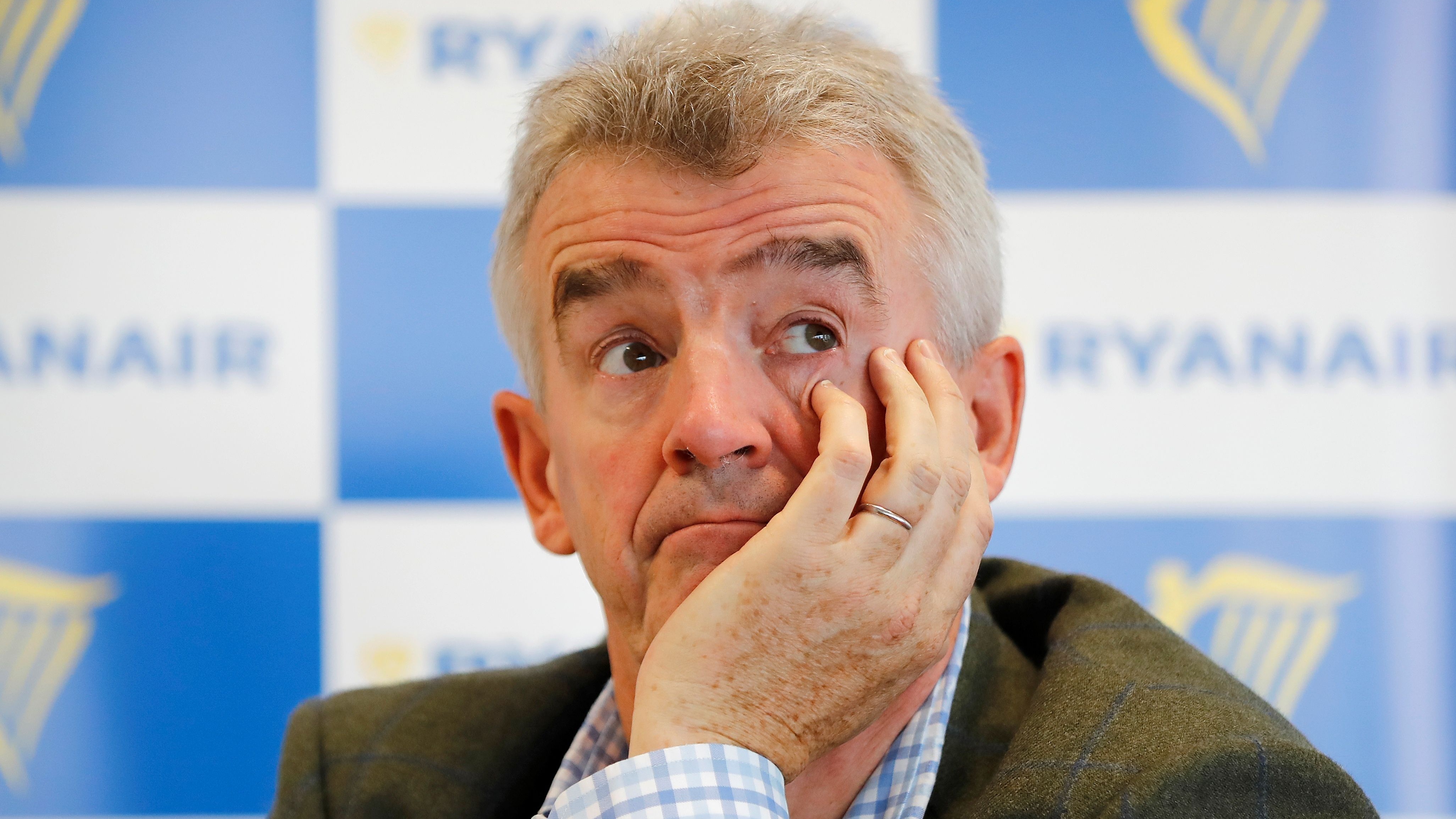 What Ryanair’s lawsuit over travel ‘traffic light’ system means for holidaymakers
What Ryanair’s lawsuit over travel ‘traffic light’ system means for holidaymakersfeature Budget airline demands more transparency about how the government decides if countries are safe to visit during Covid crisis
-
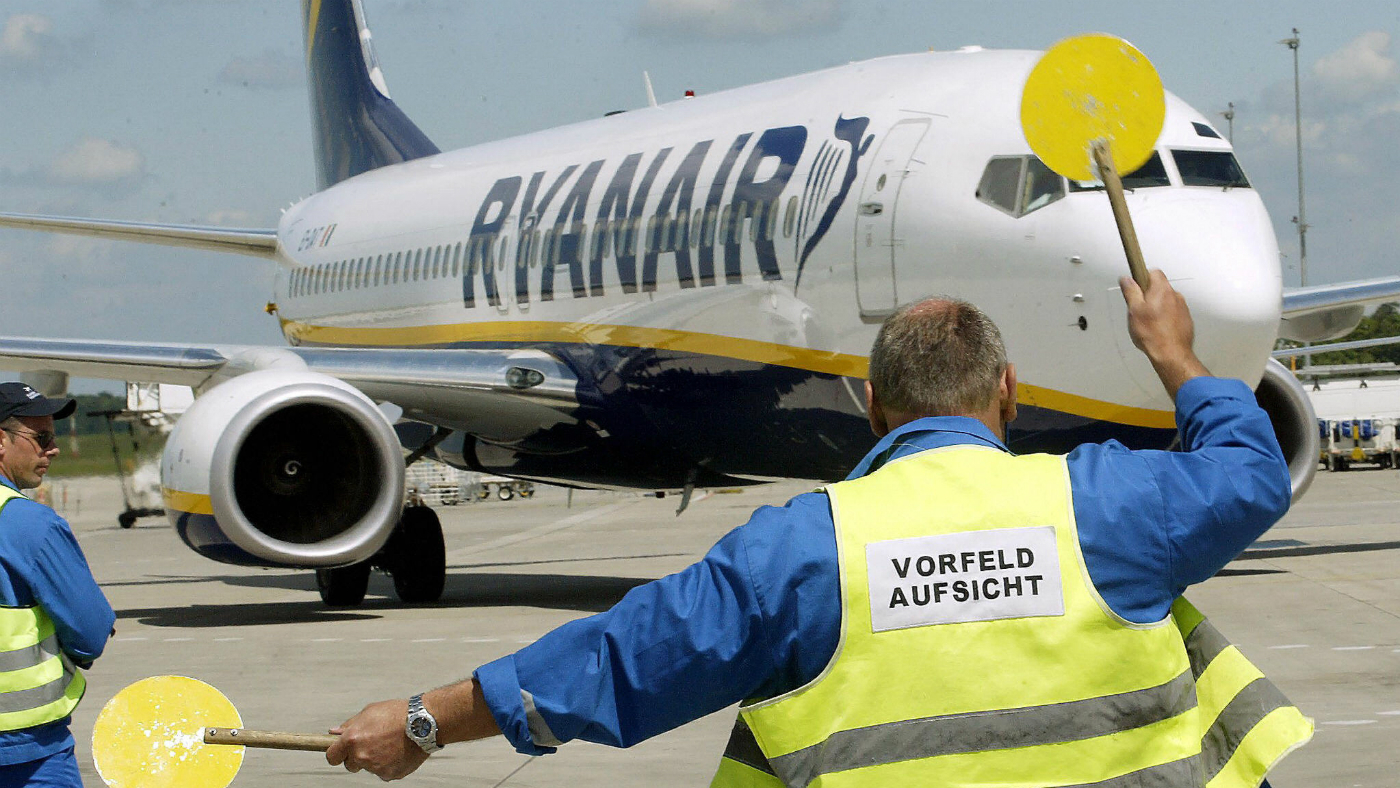 Ryanair warns of job losses over Boeing delay
Ryanair warns of job losses over Boeing delaySpeed Read Staff memo comes as Michael O'Leary again criticises Sajid Javid
-
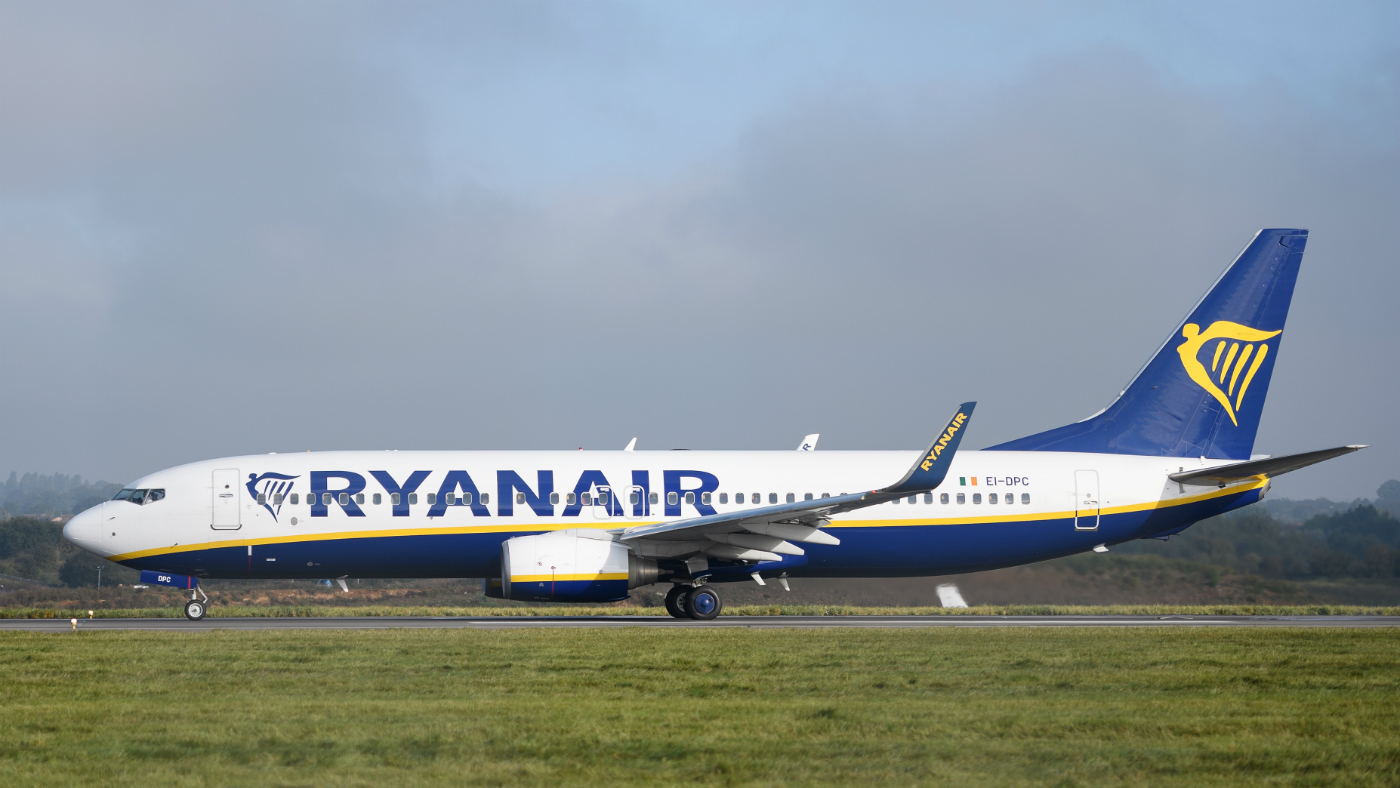 Best and worst UK companies for customer service
Best and worst UK companies for customer serviceIn Depth Ryanair is voted worst for customer service for the sixth year in a row
-
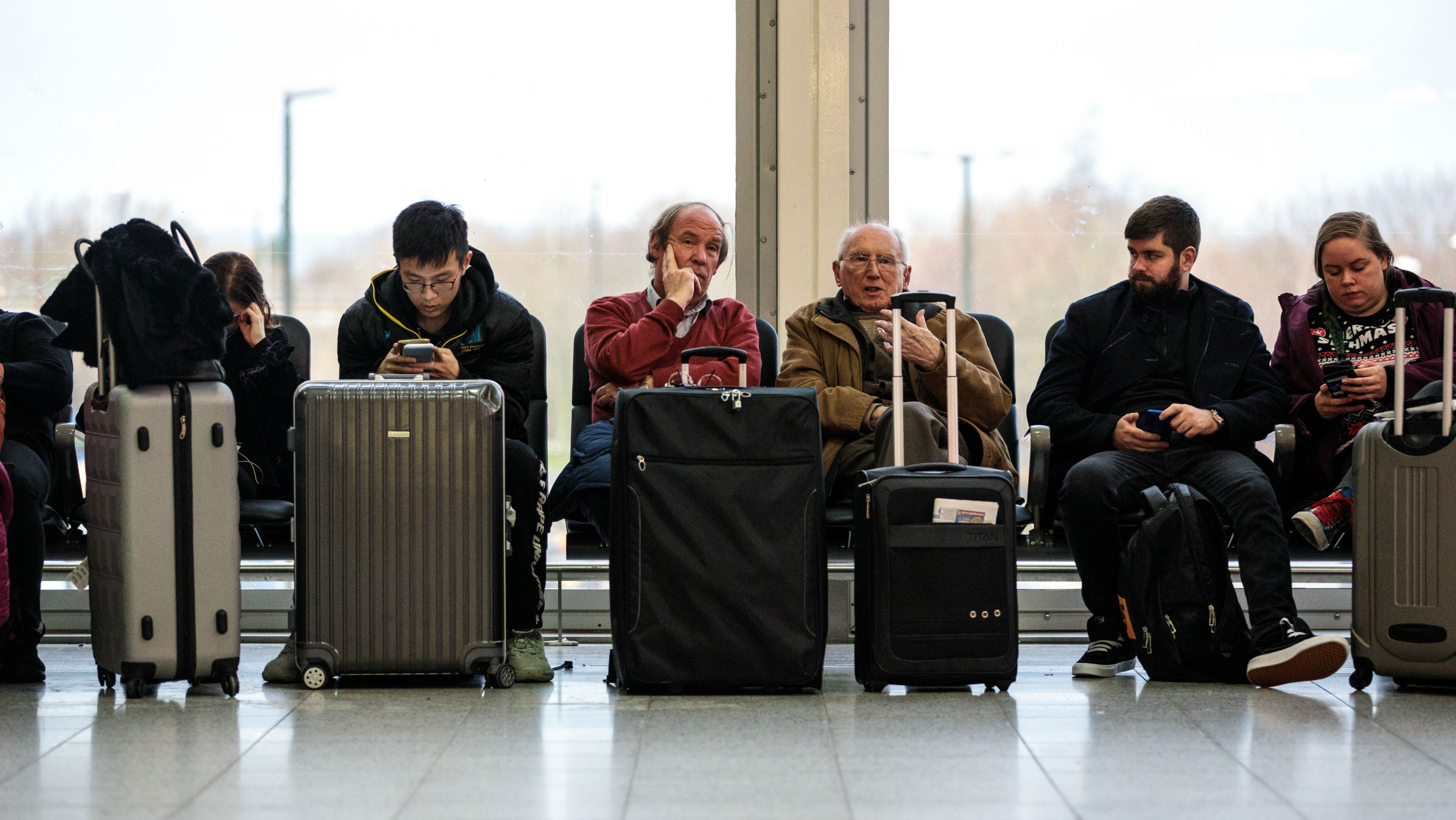 Flybmi collapse: which other airlines are in the red?
Flybmi collapse: which other airlines are in the red?Speed Read Failed carrier blamed ‘insurmountable’ challenges caused by Brexit uncertainty
-
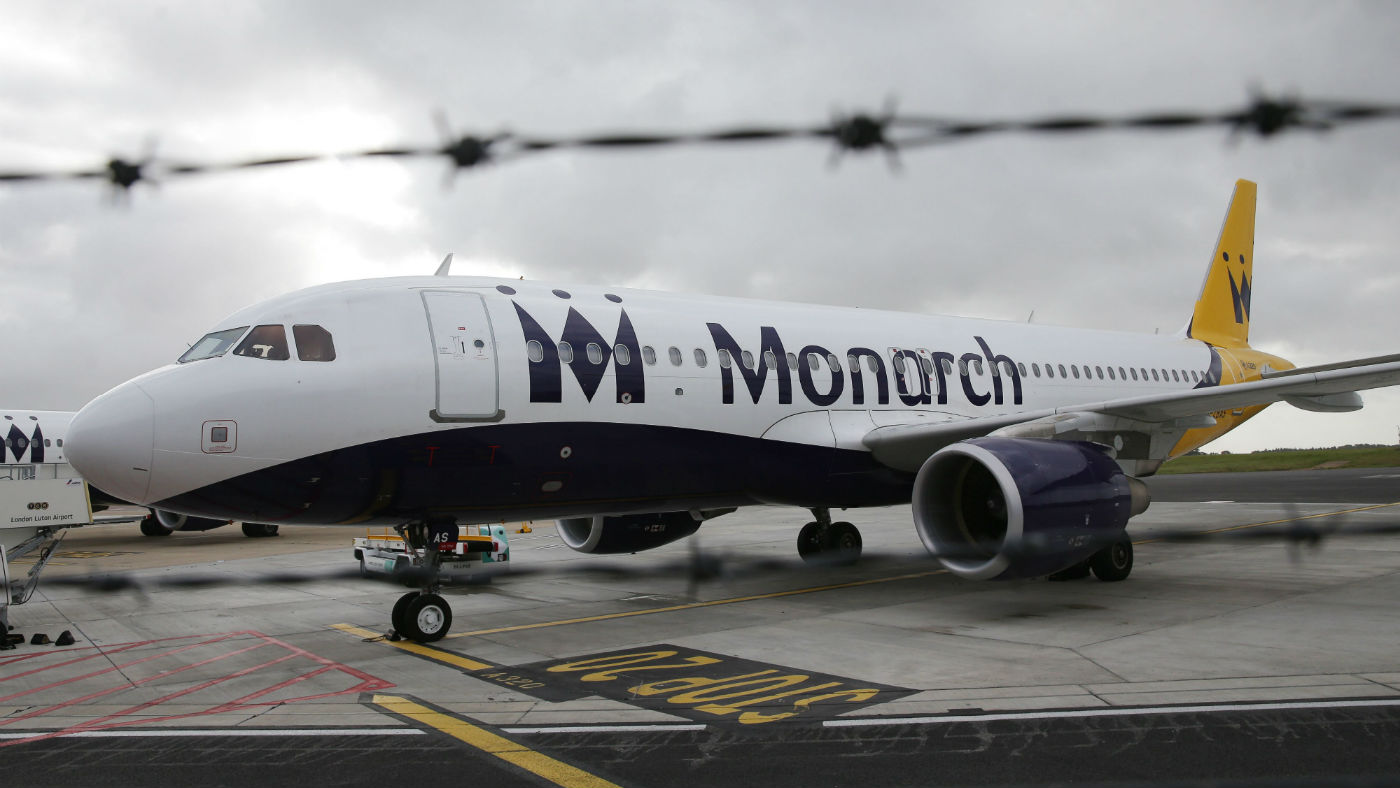 How Monarch lost its crown
How Monarch lost its crownSpeed Read Brexit, terrorism and a cut-throat market are blamed for the airline’s collapse
-
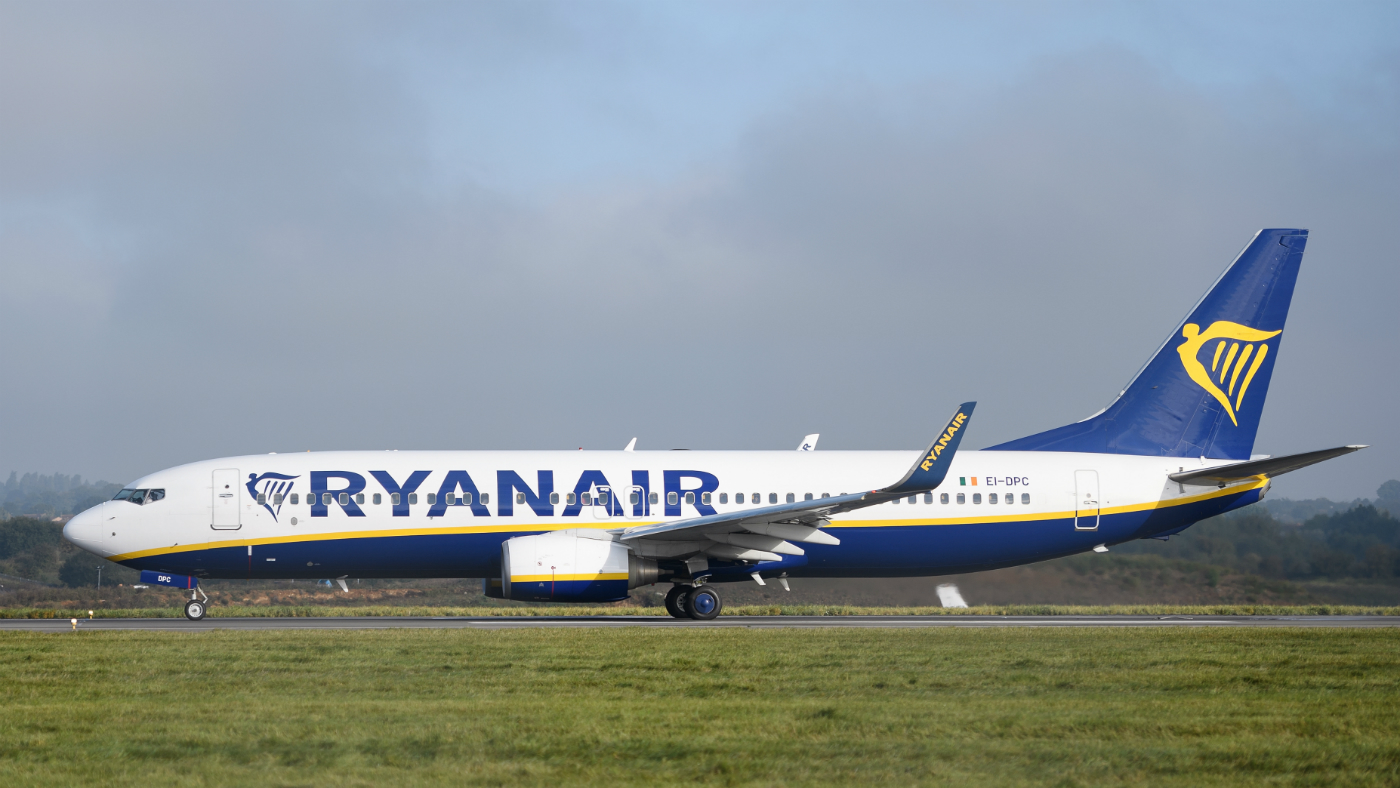 Ryanair admits pilot shortage is behind flight cancellations
Ryanair admits pilot shortage is behind flight cancellationsSpeed Read Shareholders turn on airline over mismanagement that grounds thousands of passengers
-
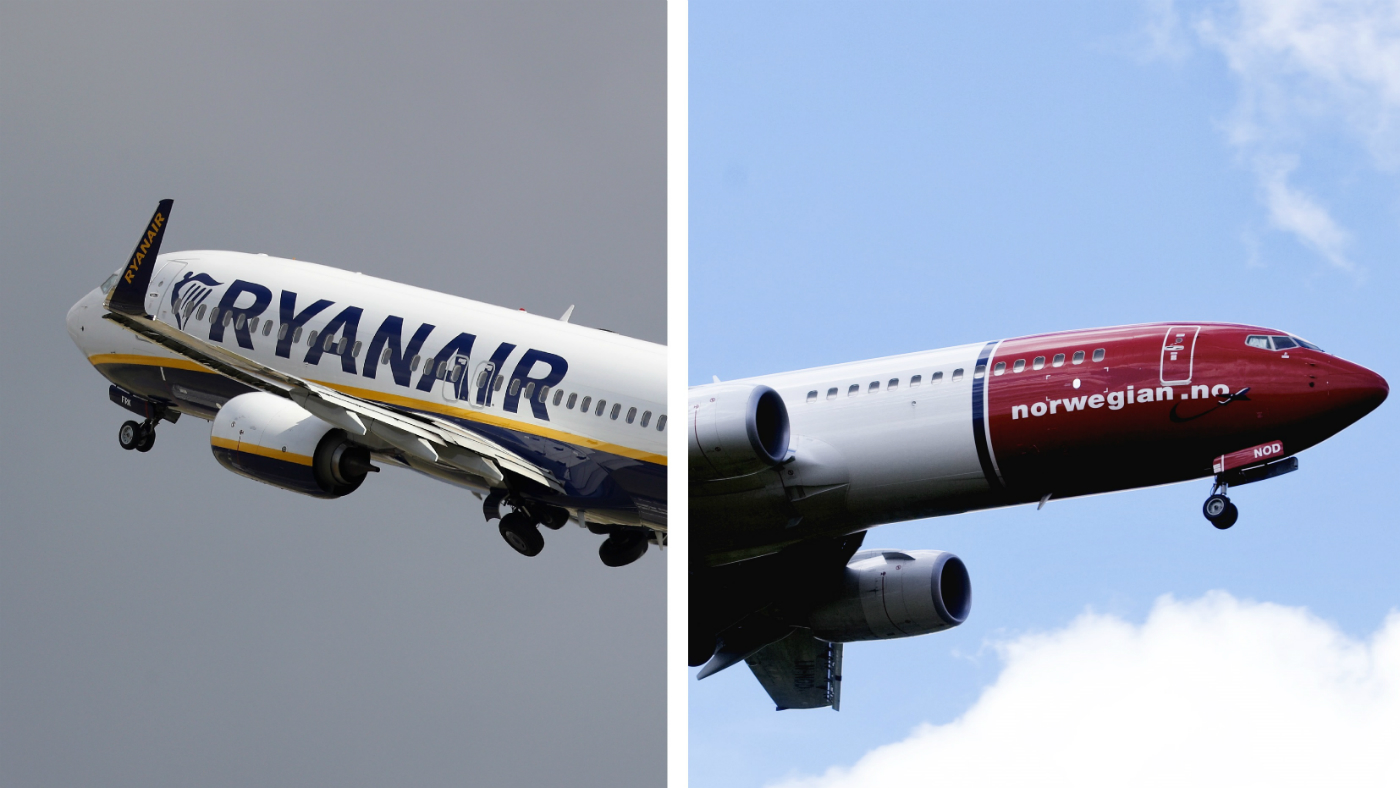 The real reason Ryanair is cancelling 2,000 flights
The real reason Ryanair is cancelling 2,000 flightsSpeed Read About 400,000 passengers affected by mass cancellations